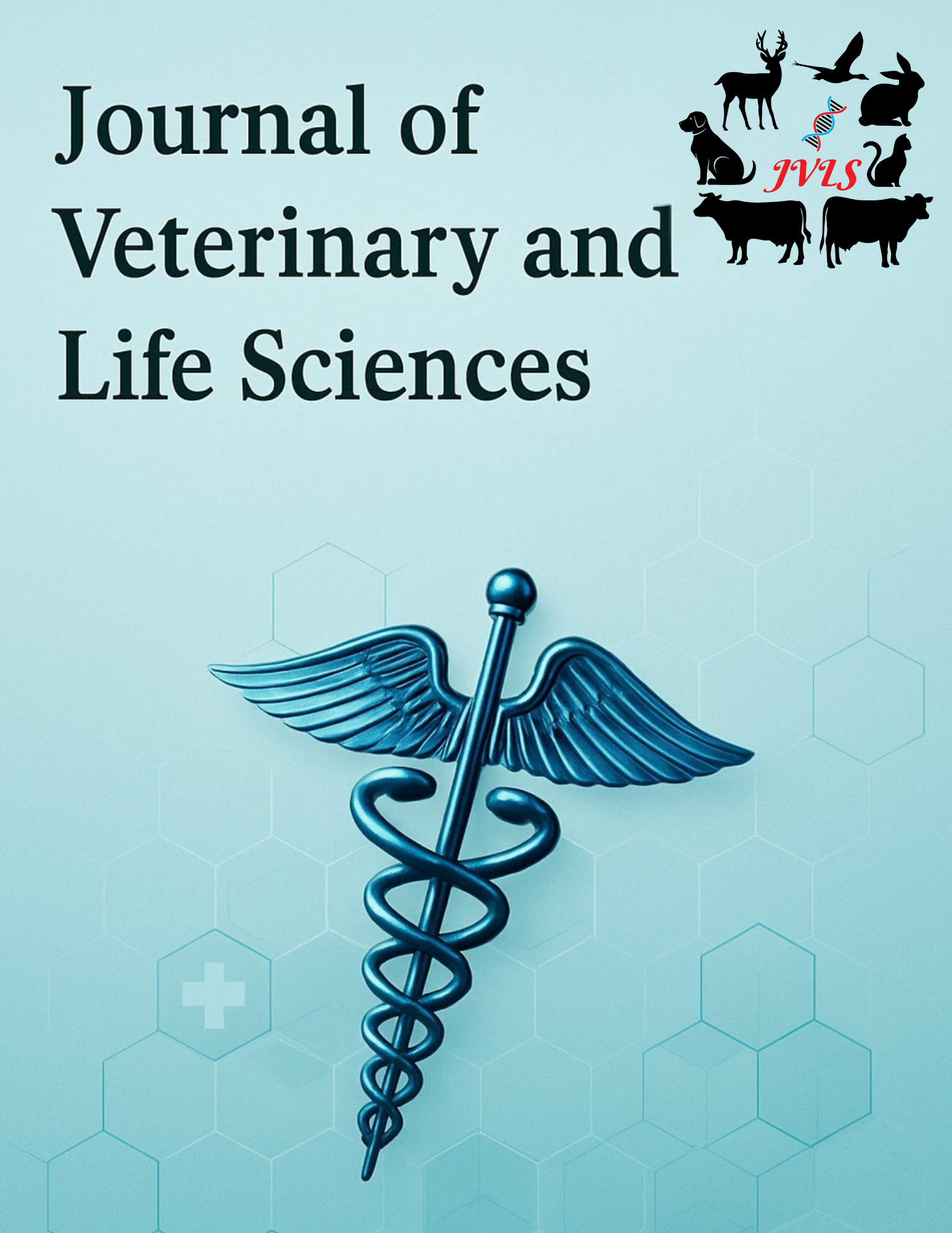A comprehensive review of pesticide-induced environmental and biological hazards
DOI:
https://doi.org/10.48165/jvls.2025.1.1.1Keywords:
Pesticides, Environmental impact Human health risks Animal, health, Toxicity, BioaccumulationAbstract
Pesticides, while being crucial for modern agriculture and food security, inflict significant harm on ecosystems, animal health, and humans. This comprehensive review synthesizes evidence of their multifaceted detrimental impacts. Environmentally, pesticides cause widespread contamination of soil, water, and air, leading to biodiversity loss, disruption of ecological balance (e.g., pollinator decline), and bioaccumulation within food chains. Animals, including livestock and wildlife, suffer from acute and chronic toxicity, reproductive failure, immunosuppression, and mortality due to exposure, with residues persisting in animal-derived foods. Human health is severely affected, with acute exposure causing poisoning and chronic exposure linked to neurodegenerative disorders (e.g., Parkinson’s, Alzheimer’s), various cancers (e.g., breast, prostate, and lymphoma), endocrine disruption, reproductive toxicity, and developmental defects. The persistence of certain chemical classes (e.g., organochlorines, organophosphates, and neonicotinoids) exacerbates these risks. Given the scale of the threat, the review underscores the urgent need for stricter regulations, enhanced residue monitoring, and a decisive shift towards sustainable alternatives like Integrated Pest Management (IPM) and organic farming to safeguard environmental integrity, animal welfare, and public health.

